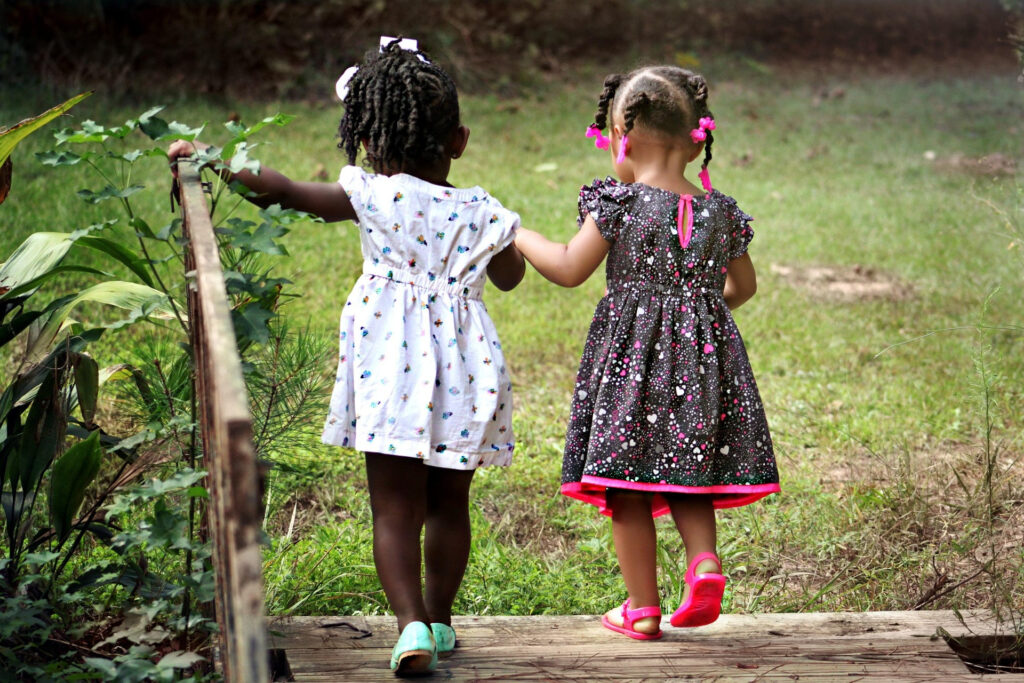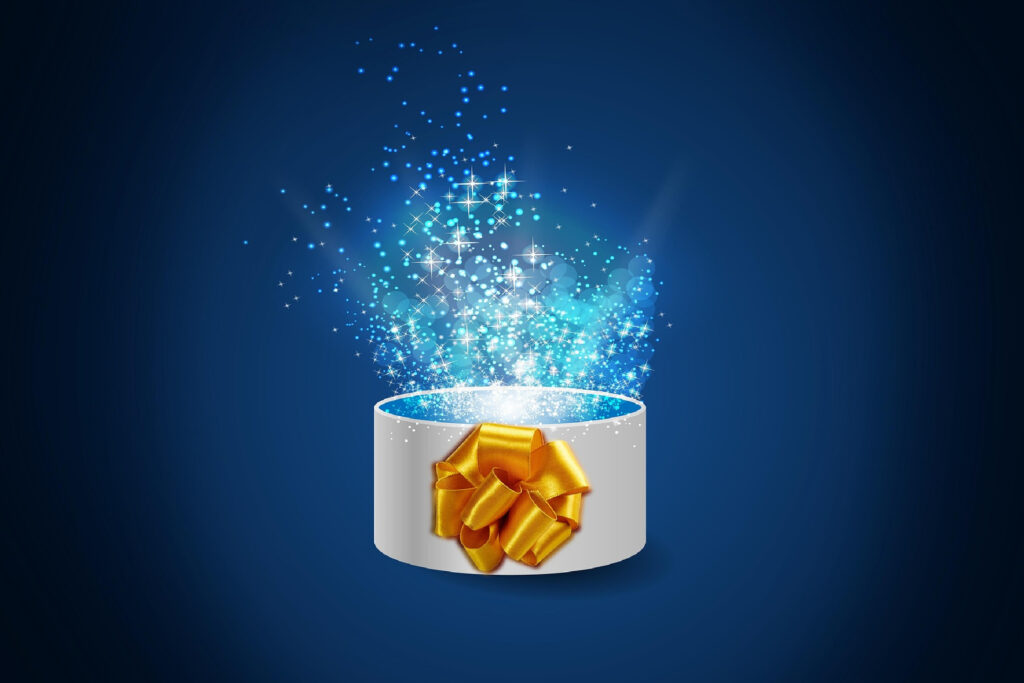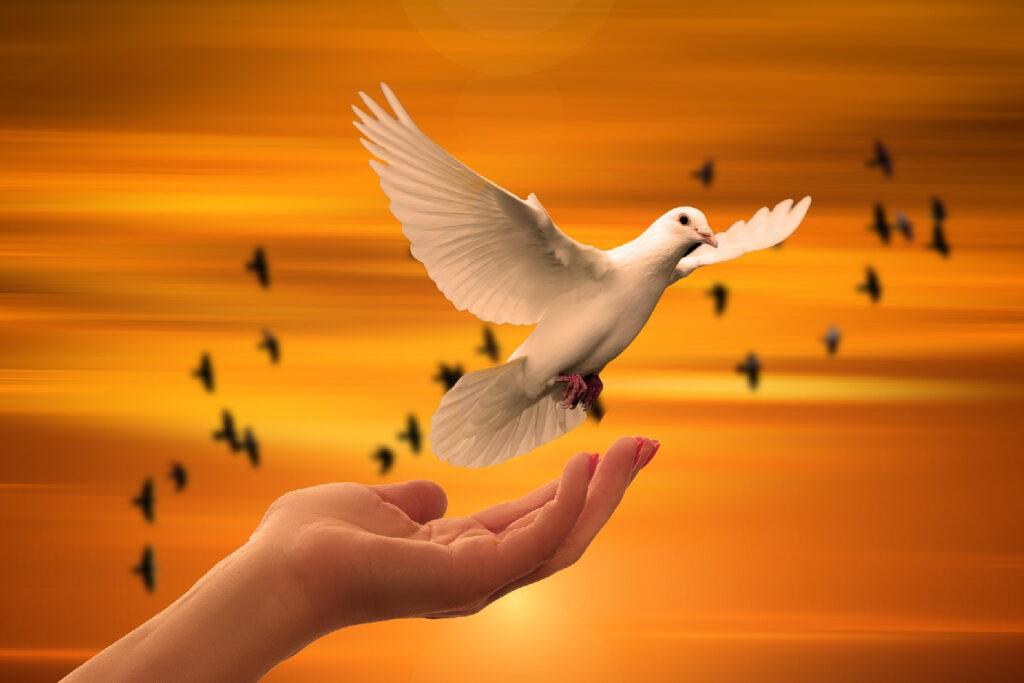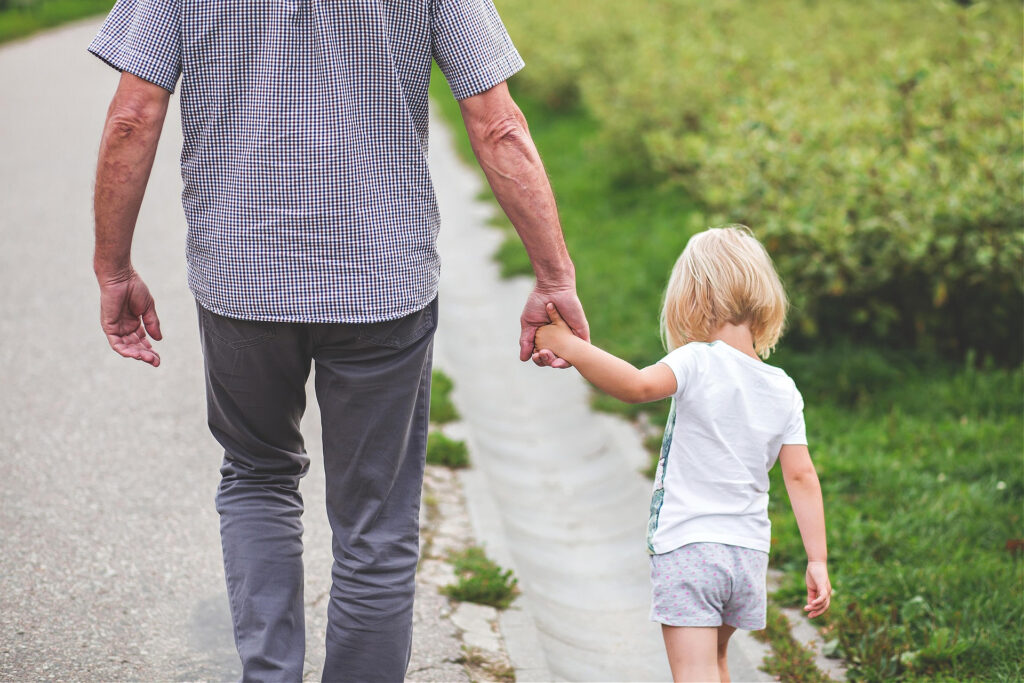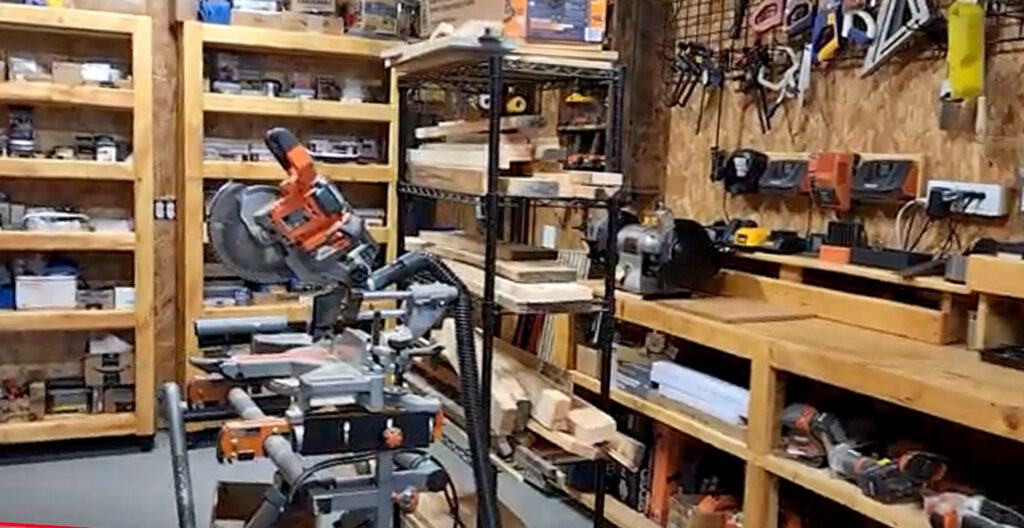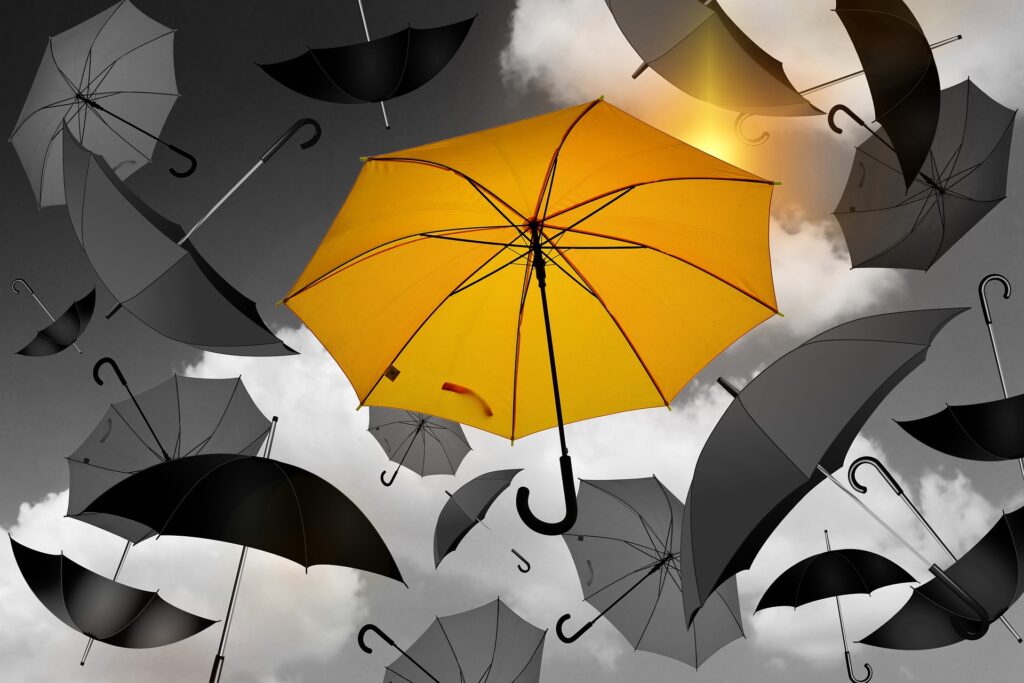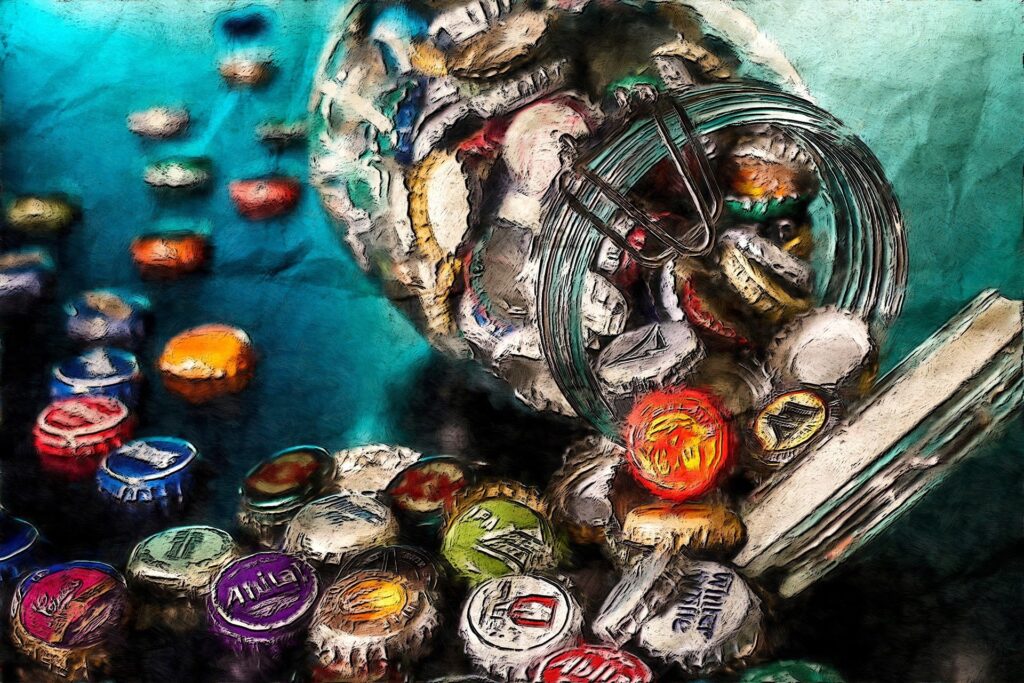
When I was a little kid, one of my favorite activities was going on scavenger hunts. Usually they were organized by the mother of one of my friends as part of a birthday party. She would divide us up into groups of 3 or 4, give us a list of common items—a shoe lace, a paper plate, a bottle cap, a spool of thread, a ball— and send us out to knock on neighbors’ doors with our lists and ask them to give us whatever they had. The group that returned with the most items won a prize.
Looking back, I think it was an ingenious way for the mom to get all of us kids out of the house for an hour or so. I don’t suppose moms can do that anymore, since it involves knocking on strangers’ doors. But back then, we lived in a safer world where people seldom even locked their doors and when strangers were, as Will Rogers once said, “just friends you haven’t met yet.”
I’m playing a new variation of the game these days. When I wake up in the morning, I set the intention to find something that will delight me so much that I catch myself laughing or gasping in wonder. And I expect it to be a surprise, and so wonderful that I can’t miss it.
Today my first moment of delight came right away. When I opened my curtains, I saw that my white lilacs had blossomed, and when I opened the window, their fragrance wafted gently in, perfuming the whole room.
For me, there’s nothing like being gifted with a moment of delight. It’s like a burst of sparkling light that ripples right up from your heart and out your smile. And all you can do is grin in gratitude, your whole being saying, “Thank you! Thank you! Thank you!”
You can scavenger hunt for anything. It doesn’t have to be for delight. Sometimes I ask for trances of beauty, and then I’ll be driving to the store or to an appointment and all of a sudden the world will look like a movie set with perfect lighting, enchanting as could be.
You can ask for things like moments of kindness, or attunement to the symphonies of sound in the world, or for a sense of comedy, or affection, or simply for a little stretch of simple happiness.
Just pick whatever you want to find and set yourself the intention of noticing it when it comes. Because it will. And when it does, it will color your whole day.
Wishing you a week of happy hunting!
Warmly,
Susan
Image by Vinson Tan ( 楊 祖 武 ) from Pixabay
